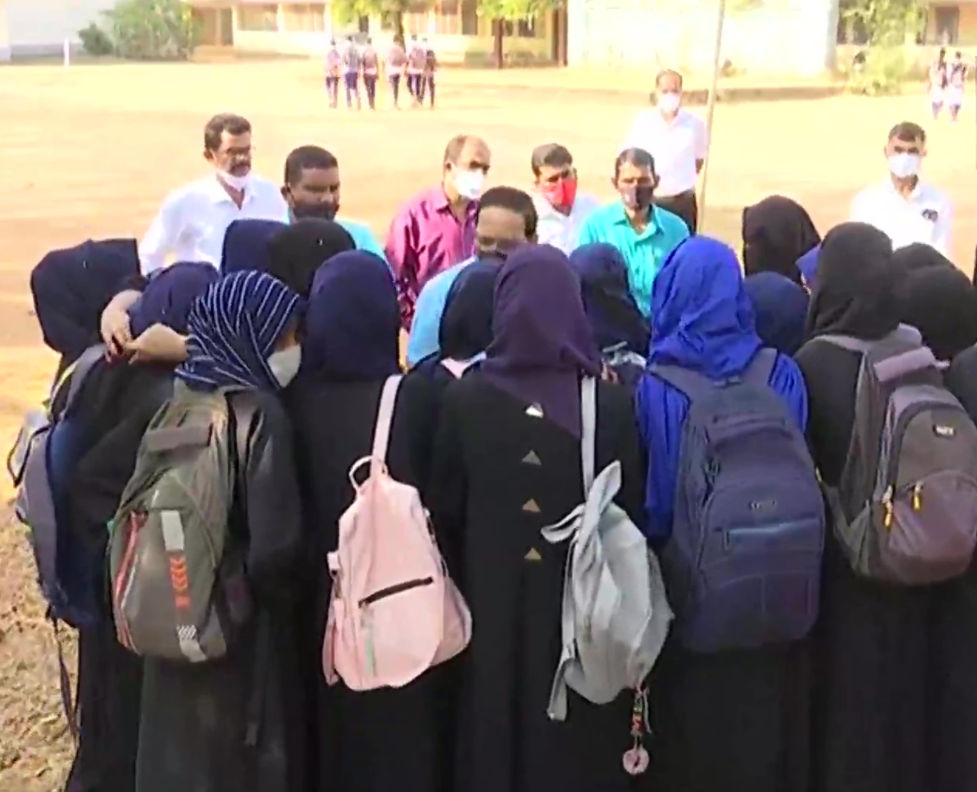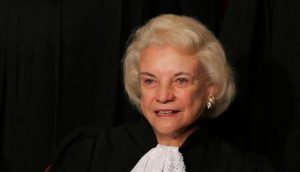The Karnataka High Court’s decision to back a hijab ban in classrooms in the state has been challenged in the Supreme Court after the high court on Tuesday ruled that hijabs were not an essential part of religious practice.
The high court’s order upholding hijab ban has been challenged in the apex court by student Niba Naaz, who was not among the original petitioners in the case against the hijab ban.
Also read | From Moscow, with love: In a first, Russia helps Indians flee from Ukraine
“We are of the considered opinion that wearing of hijab by Muslim women does not form a part of essential religious practice in Islamic faith,” the Karnataka High Court had said on Tuesday as it refused to strike down a government ban on the wearing of hijabs in classrooms.
“The aim of the regulation is to create a ‘safe space’… and the ideals of egalitarianism should be readily apparent to all students,” the high court further said, emphasizing that schools and colleges had grounds to impose dress codes to prevent divisions based on religion.
Also read | India registers 2,876 fresh COVID cases, 98 deaths in last 24 hours
The government, in an order on February 5, had banned clothes “which disturb equality, integrity and public order” in schools and colleges in the state after weeks of violent protests in several parts of the state.
Students, however, hold that wearing hijabs is an essential religious practice that is a fundamental right guaranteed under the Indian constitution.
Also read | Karnataka hijab row: What Indian courts have said on the headscarf
The row began in January 2022 when a government-run junior college in the Udupi district prohibited Muslims wearing hijabs to enter, triggering protests by Muslims across the state.
The protests by Muslim students were met with counter-protests by Hindu student groups demanding to wear saffron scarves.







